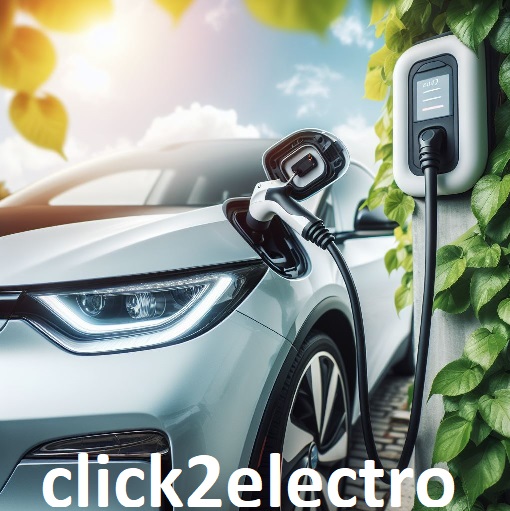Electric Car – An electric car is a vehicle that is powered by one or more electric motors, using energy stored in rechargeable batteries. Unlike traditional internal combustion engine (ICE) vehicles that rely on gasoline or diesel, electric cars (EVs) generate power through an electric motor, which is typically more efficient and produces fewer emissions.
Key features of electric cars include:
- Battery: The primary energy storage component of an electric car is its battery pack. These batteries are rechargeable and store electrical energy that powers the vehicle.
- Electric Motor: Electric cars use one or more electric motors to drive the wheels. Electric motors are known for their efficiency and immediate torque delivery.
- Charging: Electric cars are charged by connecting them to an electric power source. Charging can be done at home using a standard electrical outlet or through dedicated charging stations. Charging times vary based on the charging method and the car’s battery capacity.
- Range: The range of an electric car refers to the distance it can travel on a single charge. Advances in battery technology have led to improvements in the range of electric cars, with some models now capable of traveling several hundred miles on a single charge.
- Regenerative Braking: Electric cars often utilize regenerative braking, a technology that converts kinetic energy during braking into electrical energy, which is then stored in the battery for later use.
- Zero Emissions: Electric cars produce zero tailpipe emissions, making them more environmentally friendly compared to traditional internal combustion engine vehicles. However, the overall environmental impact depends on factors such as electricity generation and battery production.
- Government Incentives: Many governments around the world offer incentives to promote the adoption of electric vehicles. These incentives may include tax credits, rebates, and access to carpool lanes.
- Maintenance: Electric cars generally have fewer moving parts than traditional vehicles, leading to lower maintenance costs. There is no need for oil changes, and the brake system tends to experience less wear due to regenerative braking.
- Charging Infrastructure: The availability of charging infrastructure is crucial for the widespread adoption of electric cars. Efforts are underway to expand public charging networks and improve charging speeds.
Popular electric car manufacturers include Tesla, Nissan, Chevrolet, BMW, and many others. As technology continues to advance, electric cars are becoming more affordable, with increased ranges and improved charging infrastructure, contributing to their growing popularity in the automotive market.
